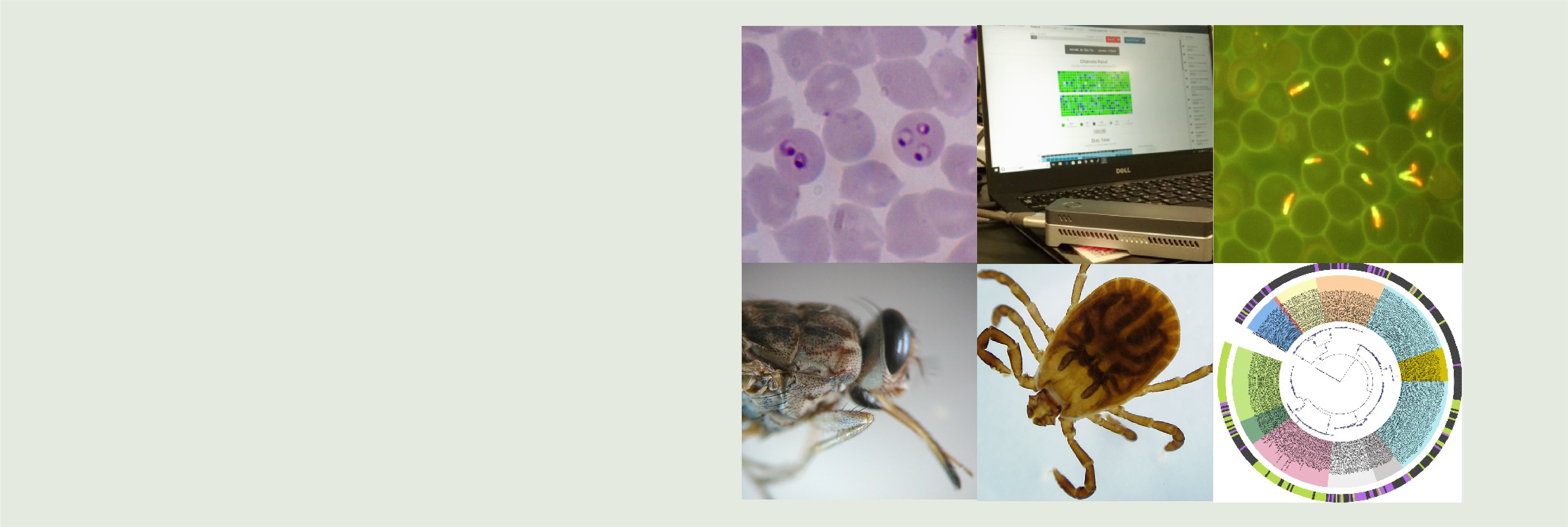About us
We promote innovative parasitic disease research using molecular biological & genomic approaches. Our research interests include genomic analysis of protozoan diseases such as toxoplasmosis, trypanosomiasis, babesiosis, and leishmaniasis, single cell level transcriptome analysis, development of novel diagnostic methods, and protozoan-host-vector arthropod interactions. We actively collaborate with overseas research institutions in Zambia, Indonesia, Thailand, Vietnam, and other countries to implement innovative technologies in society based on fieldwork.
The following projects are currently underway in our lab
1. "Founding of mNGS Diagnostic network in Southeast Asia "
JSPS Core-to-Core Program (Project period: 2023 - 2027)
This research project aims to demonstrate and socially implement a novel diagnostic method for infectious diseases using next-generation sequencers, utilizing a network of researchers in Thailand, Vietnam, and Bangladesh.
2. "Development of research and human resources for the control of zoonoses at the Hokudai Center for Zoonosis Control in Zambia"
Japan Program for Infectious Diseases Research and Infrastructure (2020 ~ 2025)
Our center has a research base in Zambia and is conducting infectious disease research (Hokudai Center for Zoonosis Control in Zambia: HUCZCZ). In particular, our team is engaged in understanding the actual situation of protozoan diseases such as trypanosomiasis, conducting epidemiological surveys, and developing comprehensive gene detection methods from field specimens.
3. "Surveillance of the zoonotic Leishmaniasis in Zambia"
Joint project with Tokyo University, using HUCZCZ (2022 ~ 2024)
Just recently, our research team detected autochthonous cases of canine leishmaniasis, caused by Leishmania infantum, for the first time in Zambia. Since Leishmania infantum is potentially zoonotic and life-threatening, the possible emergence of leishmaniasis in the country urgently needs to be investigated. In an attempt to understand the disease epidemiology, this study aims to investigate the prevalence and risk factors of leishmaniasis in dogs and humans in Zambia, by means of a rapid diagnostic tools.
Call for phD Students (Doctoral Programs)
Our laboratory invites applications for PhD students for the Graduate School of Infectious Diseases, who will engage in research, and obtain either a PhD (Infectious Diseases) or a PhD (Veterinary Medicine) degree after four years of courses.


